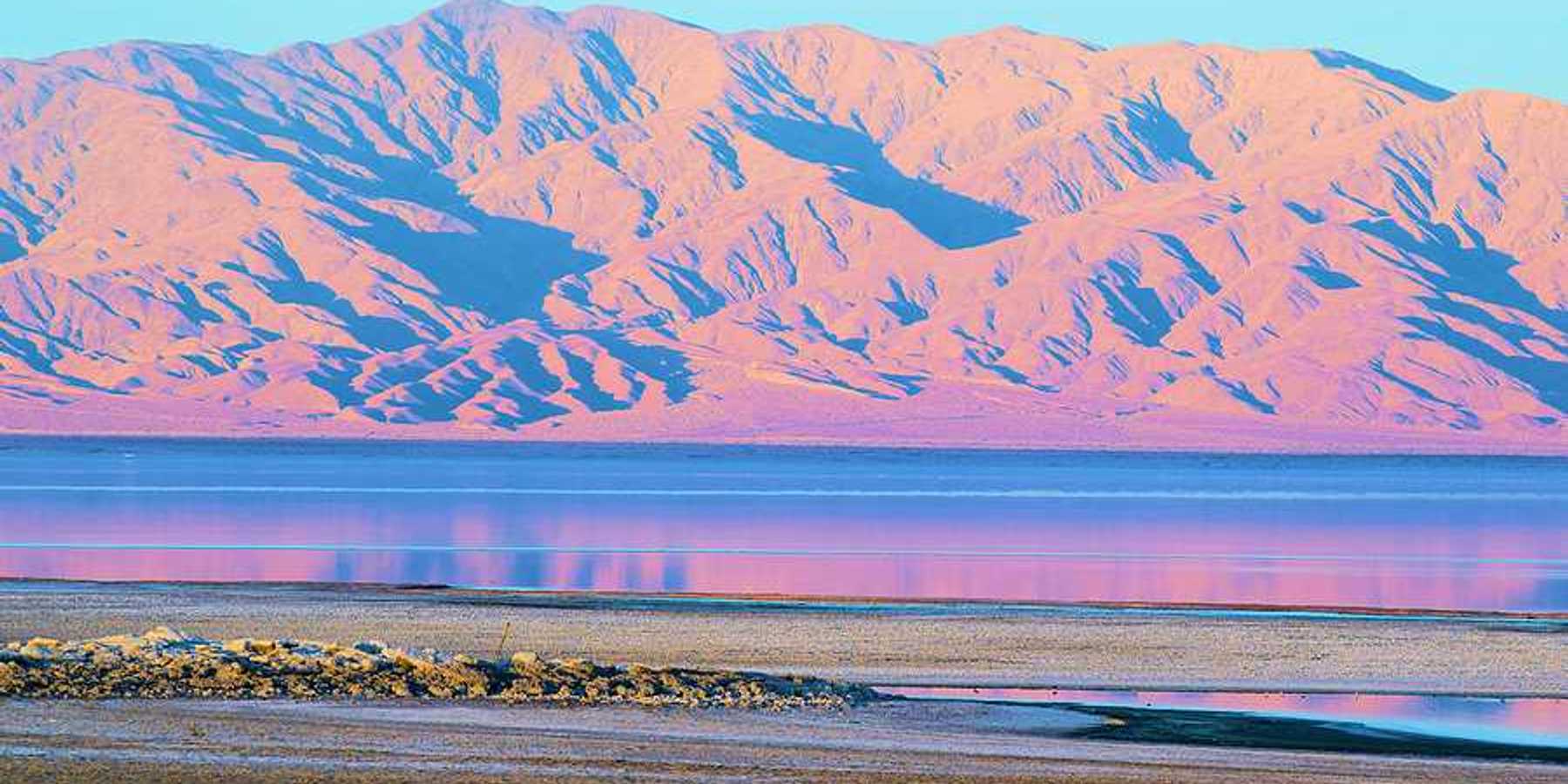seas
Despite rising seas, these resilient islands are not disappearing
Despite fears that low-lying tropical islands would be early victims of rising sea levels, recent research reveals many islands are stable, with some even expanding.
In short:
- Scientists have discovered that the edges of many atoll islands have shifted but not necessarily shrunk; some have even grown.
- Researchers are studying these islands closely to understand how they might be affected by future sea level rise and what actions can be taken.
- Atoll nations may need to make difficult decisions about which islands to save and which to let go, balancing resources and long-term planning.
Key quote:
"People obsess on that end of the island. This side has got bigger."
— Paul Kench, professor at the National University of Singapore, referring to an island in the Maldives, where he conducts his research.
Why this matters:
Scientists have discovered that natural processes, such as coral reef growth and sediment deposition, play significant roles in maintaining and even increasing the landmass of atoll islands. Coral reefs, for example, can provide a buffer against wave erosion, while sediment carried by ocean currents can accumulate on the islands, leading to expansion. This dynamic interplay between geological and biological factors means that some islands are not just holding their ground but are actually thriving in ways previously unanticipated.
The seas have changed for good, scientists say
In a world where "extreme" has become the norm, our oceans are facing a dire future.
In short:
- Global ocean temperatures are hitting record highs, with significant portions experiencing heat waves, signaling a worrying trend.
- By 2100, we could see permanent oceanic heatwaves, rising sea levels, and a drastic impact on marine life due to unchecked greenhouse gas emissions.
- Significant changes in ocean currents and the potential collapse of critical systems like the AMOC could drastically alter marine ecosystems and climate patterns.
Key quote:
"What we used to consider extreme is no longer an extreme today."
— Dillon Amaya, research scientist at NOAA's Physical Sciences Laboratory
Why this matters:
Understanding the irreversible transformation of our oceans is vital for future policy and conservation efforts. These changes don't just affect marine life; they signal broader environmental shifts that will impact global weather patterns, coastal communities, and overall biodiversity.
Surprise! Unexpected ocean heat waves are becoming the norm.
Conservationists warn over fish stocks as annual catches agreed with EU
Conservationists have warned that “mismanagement” of the UK and EU’s seas is set to continue after negotiators agreed new catch quotas for fishing in 2023.
Acid test: Are the world’s oceans becoming too ‘acidic’ to support life?
The world’s oceans absorb about a quarter of humanity’s carbon dioxide emissions, buffering us against higher atmospheric CO2 levels and greater climate change. But that absorption has led to a lowering of seawater pH and the acidification of the oceans.
Reducing aerosol pollution has led to more hurricanes in the North Atlantic, study shows
As the US and Europe worked for decades to reduce air pollution for the sake of public health and the planet, scientists found an unintended and challenging consequence: an increase in tropical storms in some regions.
Retired Easthampton engineer builds 30-foot-tall ‘Sea Level Rise Ruler'
With his giant 'Sea Level Rise Ruler', this former engineer hopes to raise awareness about rising sea levels due to climate change.









